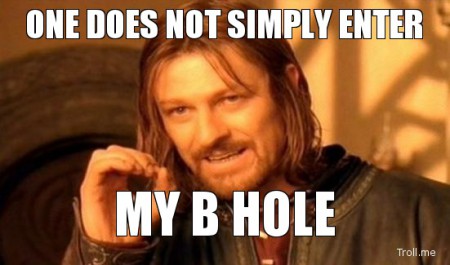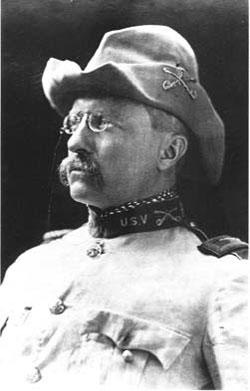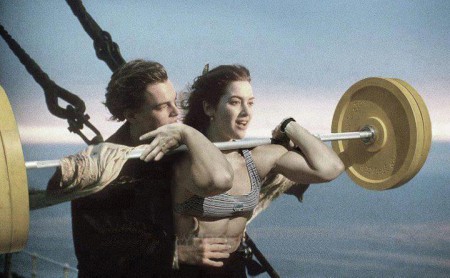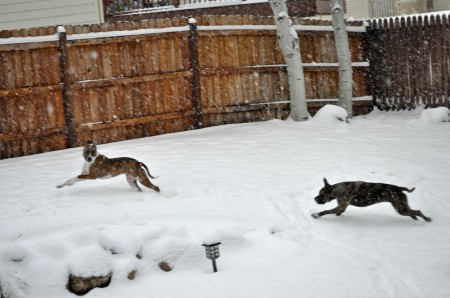Last Friday you were tasked with pulling your balls out from between your legs and committing to a competition. The day you sign up will be one of the greatest days of your life because your training will suddenly have new meaning. You won’t understand this until the end of the competition. You’ll either walk away from the competition’s last effort thinking, “This was one of the best experiences of my life and I can’t wait to do it again,” or “I could have been better, I should have been better, next time I will reach my full potential.” Either way, you will be of the mindset that your life craves competition, needs it.
If you haven’t signed up for something: do it. There’s no better time to sign up. It’s like cleaning a toilet; the longer you wait, the more it stinks and the less likely you will be to do anything about it.
Assuming you’ve signed up, it’s now time to ensure your training is efficient so that you have a fun and successful first competition. Most likely you can just keep doing whatever program you’re doing now, but just do it better. Increase your bar speed on every rep. It’s easy to go through the motions, but when you actually grit your teeth, clench your B-hole, and attack every rep like it owes you money/sex/bacon/chocolate, you’ll accomplish much more. Make the bar go fast; make the weights go boom.
If your program has a lot of dicking around — activities that will not improve your performance in the competition — then cut them out. This is, of course, an individualistic and circumstantial thing, but you don’t need to do conditioning or irrelevant assistance exercises in the six weeks before your lifting meet (other competitions may have different guidelines). Let this be a time where you train primarily for something, and you’ll be rewarded with good progress. Especially if you put a premium on spending all of your recovery resources on specific training (i.e. recovering from compound strength lifts instead chest flyes and wiener lifts).
Next, pay attention to the “outside the gym recovery”. Improve your daily protein requirement, hydrate, sleep, do your mobility (this post is a little dated, I’ll write a new one), and eat well. If you do any of these things poorly, you will not be as prepared for your competition as you could be. If you don’t go 9/9 in powerlifting or 6/6 in weightlifting with PR’s, then you could have done something better. To be clear, PR’s are not necessarily the goal in competition because competition lifts are different than gym lifts. But, if you walk away from a good or bad competition thinking you could have done better, chances are that these “outside the gym recovery” variables could have been improved. And they can’t just be worked on a few times a week like lifting — they have to be done well every day.
Summary
Commit to something. Bash the shit out of quality reps in training and then start good habits outside of the gym. Eliminate the fluff in your program. Have a week of reduced training leading into the competition and be smart with weight choices (there are many resources on this site pertaining to meets), and you’ll walk away knowing that you busted your ass for something, and it paid off. Is there a better feeling?





